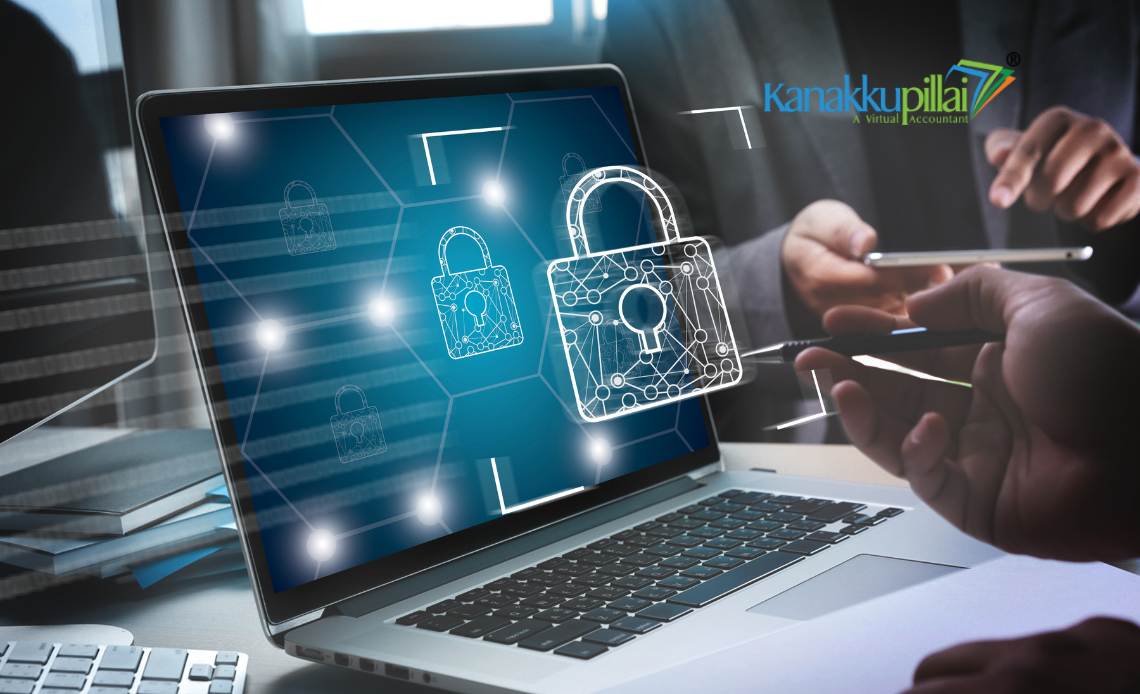The National Securities Depository Limited is one of the two central depositories in India that provides electronic holding and settlement of securities.
Currently, NSDL serves an essential role in facilitating trading and settlement, as well as record keeping of securities such as equities, bonds, mutual fund units, etc..
In this blog, we will discuss NSDL in detail: what is NSDL, what does NSDL do, services offered by NSDL, NSDL registration process and why is NSDL important for investors, companies and market intermediaries.
Introduction
Before the mid-1990s, trading shares took an unreasonable amount of time, theft, fraud and loss due in large part to the fact that shares existed in the form of paper certificates. The settling time was long and sometimes extended to weeks until the transfer was fully completed, as well as being cumbersome, and there was a great deal of documentation involved to complete the task of transferring ownership of the securities.
After the establishment of the NSDL in 1996, India had the opportunity to implement a world class dematerialised (demat) system for the ownership of securities using electronic means (not paper) that allowed for the holding of securities electronically, the transfer of ownership being done electronically and in some cases, settlement in seconds from market transactions.
What is NSDL?
The National Securities Depository Limited is India’s first and largest depository to manage securities in electronic form. By electronically maintaining ownership records, it removes the need for physical certificates while allowing transactions to seamlessly transfer securities during buy/sell transactions.
Key Facts about NSDL –
- Incorporated – 8 November 1996
- Headquarters – Mumbai, Maharashtra
- Promoters – Industrial Development Bank of India, Unit Trust of India, and National Stock Exchange
- Regulator – SEBI
- Competing Depository: Central Depository Services (India) Limited (CDSL)
Core Functions of NSDL
NSDL’s operations can be grouped into four main functions –
- Converts physical share certificates into electronic form.
- Reduces risks of theft, loss, or damage.
- Rematerialisation (Remat):
- Converts electronic holdings back into physical certificates (if requested by the investor).
- Settlement of Trades:
- Ensures smooth transfer of securities from the seller’s demat account to the buyer’s account upon completion of a trade.
- Record Maintenance:
- Maintains updated ownership details of securities in its database.
- Handles corporate actions like bonus issues, dividends, and stock splits.
Services Offered by NSDL
NSDL offers a wide range of services to investors, companies, and intermediaries –
- For Investors
- Demat Accounts: They enable the holding and transferring of securities electronically.
- Account Statements: Provides Periodic statements showing current holdings and transactions.
- Pledge & Hypothecation: Allows pledging of securities for loans.
- Nomination Facility: Enables nomination for a demat account in case of the account holder’s demise.
- For Companies (Issuers)
- Corporate action handling – dividends, interest payments, rights issues.
- Record-keeping of shareholders in electronic form.
- For Market Intermediaries
- Connectivity to stock exchanges for seamless settlement.
- Services to Depository Participants (DPs) to handle investor accounts.
How does NSDL function?
The NSDL system consists of three major players –
- Depository – NSDL, which is the depository that keeps and safekeeps the securities electronically.
- Depository Participants (DPs) – Banks, brokers and financial Institutions which act as agents of NSDL to provide the services to the investors.
- Beneficial Owners – Investors in the market owning securities in a demat account.
When you buy shares through your broker, these will be credited to your demat account with a DP that is linked to NSDL. The opposite occurs when you sell – the securities will be debited/deleted from your account and transferred to the buyer on the market.
Benefits of NSDL
For investors
- Elimination of risks related to paper certificates.
- Faster settlement cycles (T+1 in India now).
- Easy transfer of securities.
- Instant credit of bonus or rights issues.
For companies
- Lower cost of corporate actions.
- Improved shareholder communication.
For markets
- Increased efficiency and reduced fraud risk.
How to Open a Demat Account with NSDL?
Although NSDL doesn’t directly open accounts for individuals, you can open a demat account with any NSDL-registered Depository Participant –
Steps –
- Choose an NSDL-partnered DP (list available on NSDL’s official website).
- Fill out the demat account opening form.
- Submit KYC documents – PAN, Aadhaar, proof of address, bank details.
- Complete in person verification (IPV) or video KYC.
- Receive your demat account number (BO ID).
Legal Framework & Regulation
NSDL is governed by –
- Depositories Act, 1996
- SEBI (Depositories and Participants) Regulations, 2018
- Companies Act, 2013 – It operates under the strict supervision of SEBI, ensuring investor protection and market integrity.
Conclusion
NSDL has revolutionized the Indian Securities Market by leading the charge in moving away from inefficient paper-based processes that are known to be slow and cumbersome for electronic alternatives. For investors, this means security of, and the ease and speed of holding and transferring. For other companies and intermediaries, it is a cheaper and more reliable way to hold records of shareholding.
Whether you are a new investor or an investor with experience, understanding NSDL and the implications of dematerialised shares will help you advance into the current capital markets in India. Your next step to participate in this safe and efficient Situation is to set up a demat account at your selected DP that has a tie-up with NSDL.
Related Service
References
https://www.nseindia.com/
https://www.cdslindia.com/





